Seeking Justice in Forgiveness
A couple of weekends ago Dave and I viewed the old Clint Eastwood’s movie ‘Unforgiven’.
Set in the old Wild West it was about a gunslinger that comes out of retirement to bring a couple of cowboys to justice. At the heart of the plot is a working girl whose face is knifed because she giggled at the size of her customer’s pecker. When the local sheriff sets the restitution at seven horses for loss of earnings and awards it to the bar owner– instead of the girl who lost her livelihood- the girls decide to take justice into their own hands. They set a bounty of a $1000 to bring the cowboy to justice.

It set me thinking about forgiveness. Just about everyone has an un-forgiven experience lurking in their past. The reality is that unfairness surrounds us all the time. Workplace bullying, constructed dismissals, business deals that go under; in relationships most people struggle with broken promises, criticism, betrayal in relationships and so on. I am sure you can add to the list.
Forgiveness can be one of our most difficult emotional journeys as a human being. When you lack forgiveness it means that you are ‘stuck’, emotionally stopped in one place.

Most people try to find compassion and turn the other cheek, but if they don’t understand their needs in forgiveness.
The key is to letting go of your wounds is to understand them. When you hold onto a grudge what you often want is justice. Your sense of fairness of what is right and what wrong has been offended and you just want to put the world back into order.
So how do you restore justice in your world?

1. Don’t attempt shortcuts on your journey towards justice.
Don’t hold out for being rescued, that icky feeling is your problem.
Forget phoning Superman his answering machine just says leave a message.
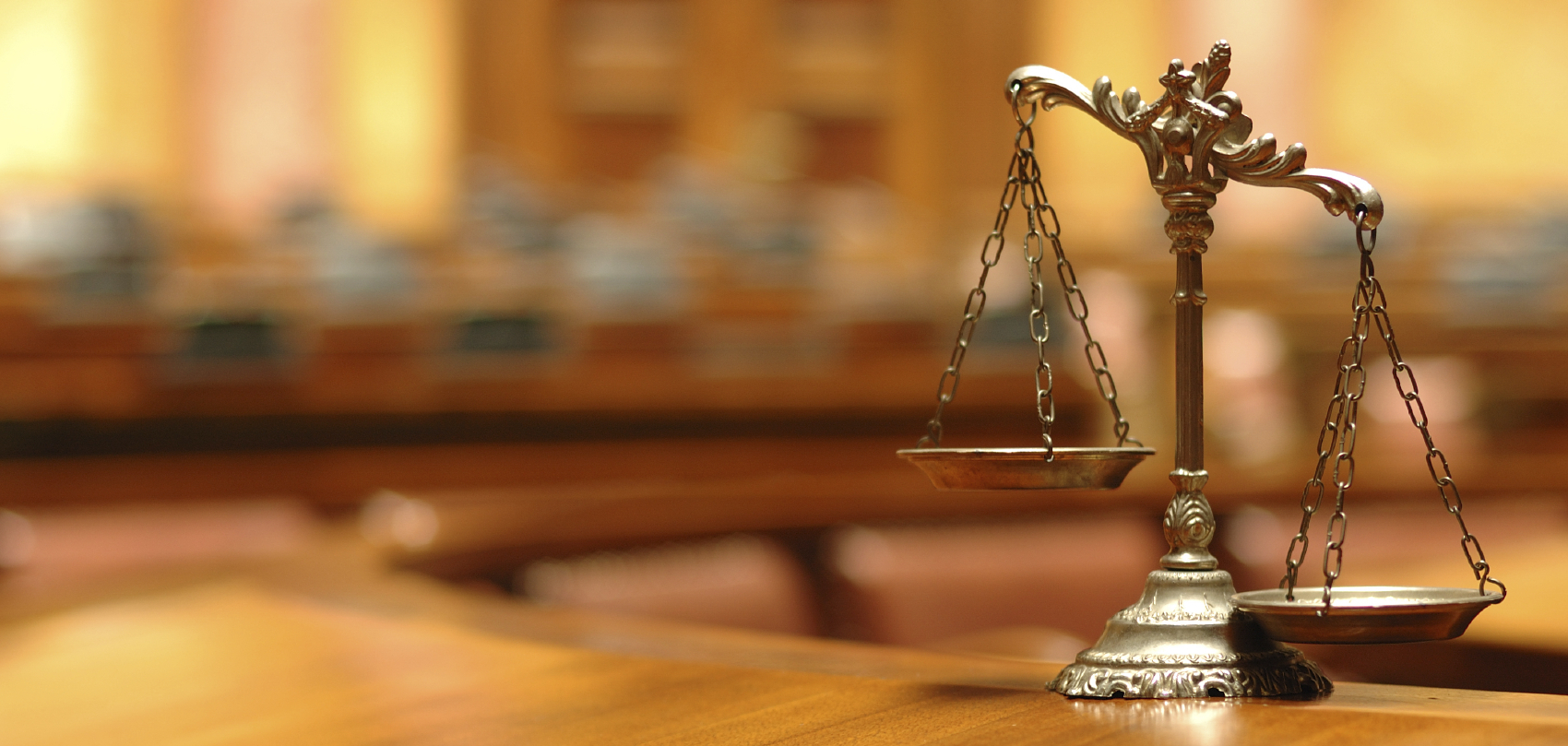
2. Justice requires validation.
If you are trying to restore fairness it means you want another person to acknowledge that something unfair happened. Think about your justice from the perspective of a courtroom drama. Courtroom dramas are tense and exciting because they show that there are always two or more points of view. Who is going to present the most compelling piece of evidence first?
In the emotional courtroom of life ‘your perpetrator’ will defend their side of the court as vigorously as you do. So you are unlikely to get your ‘perpetrator’ to validate your of sense of injustice or their behaviour. You are also likely to feel pressured into ‘justification’ for your need for acknowledgement- which will undermine what you feel.
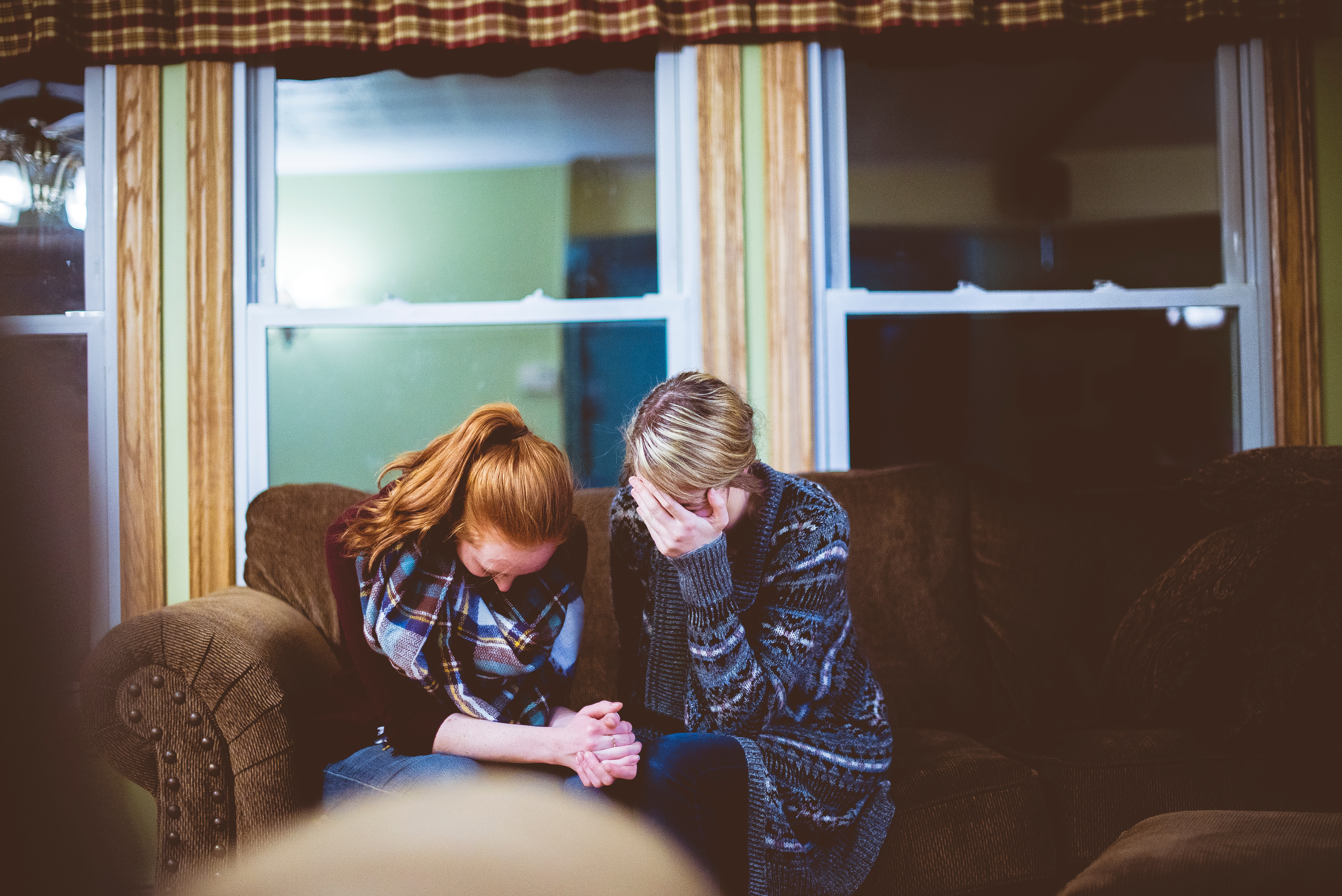
3. Justice requires restoration.
An apology is a wonderful form of restoration. The perfect apology is an art form. If given fully and unconditionally without defensiveness an apology restores what was lost – trust, hope or connection- instantly. It can’t restore innocence, but when given straight from the heart it can open another heart to heal.

4. Justice demands change.
When life is unfair and you want or need justice you are being asked to do is change. Emotionally stuck where your pain was created, it is hard to become independent of the wrong done to you. Your focus is lodged in the other person or situation instead of you. To become free you need to understand the change that has thrust itself into your path. Its change, change, change all the way.
You may want to find empathy, compassion and forgiveness, but these qualities are easier to find in yourself when you change. Changes don’t mean you have to change your moral compass, it may indicate when is the right time to find your voice and confidence to demand change.

If forgiveness is grieving and letting go, then the scales of justice are served when you become the change you seek to find. You become the person who knows that they can establish their own rights, even if it means walking away. You become the person who can speak up; you become the person who can set boundaries.
Click here to get your free Diamond Card reading and start your journey in finding out what could be holding you back from becoming the person you’ve always wanted to be.
Lucille Henry PhD.


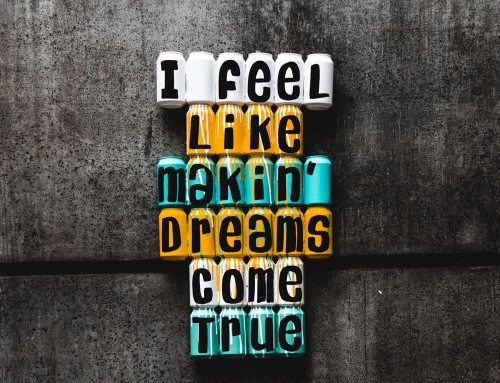
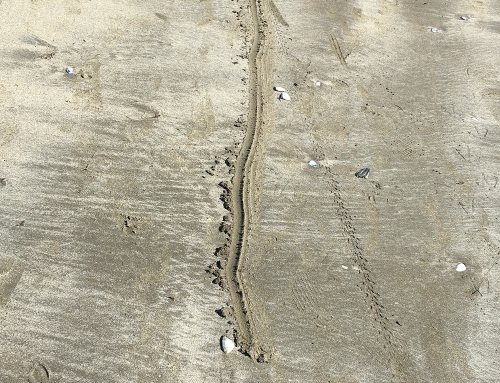
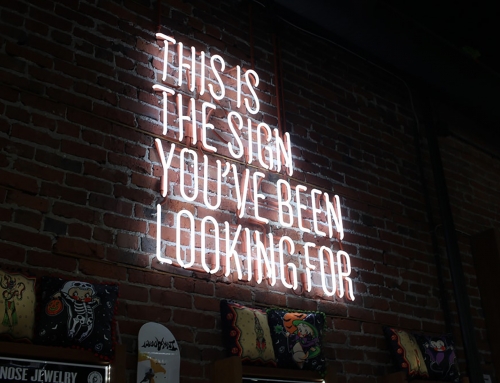

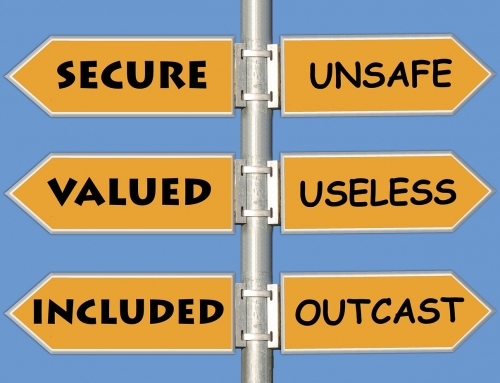
Recent Comments